Latest Articles
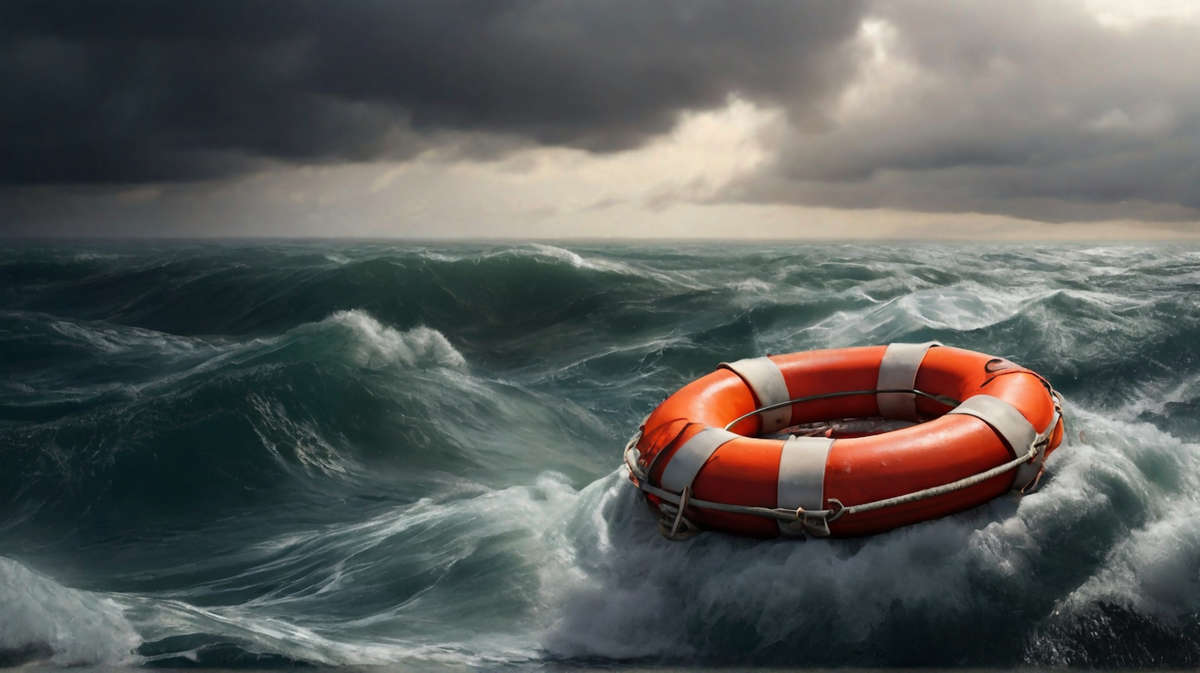
GAS FOR EUROPE: A PIVOT FROM WEST TO EAST
From January to November 2024, despite the conflict in Ukraine, EU countries spent a record €6.3 billion on Russian gas, […]
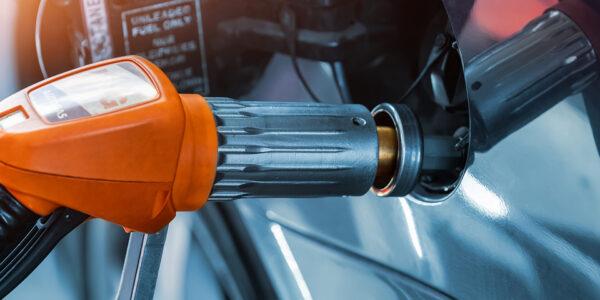
Impact of the Russian LPG Ban on the European Economy: Challenges and Consequences
The EU has decided to expand its list of sanctioned goods and add a ban on liquefied petroleum gas (LPG) imports from Russia to the already extensive list of foreign trade restrictions. Although Russia’s share of supplies is small, the ban could nevertheless be a destabilising factor for a number of sectors of the European economy.
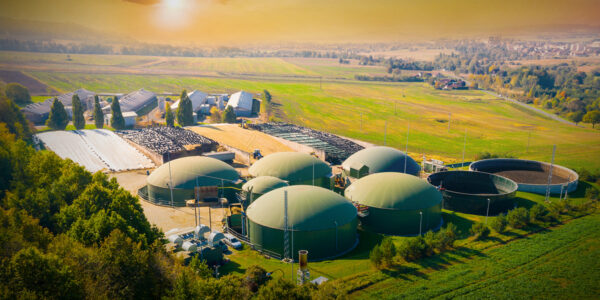
Fit for 55 Could Boost LNG Imports
The energy landscape in Europe is undergoing a profound transformation. The European Union is striving to meet ambitious climate goals, but in the meantime the region’s reliance on cleaner fossil fuels such as liquefied natural gas (LNG) is expected to increase significantly. This article explores the complex dynamics at play, focusing on the intersection of the EU’s green agenda, growing demand for LNG, and the geopolitical challenges that shape Europe’s energy security.
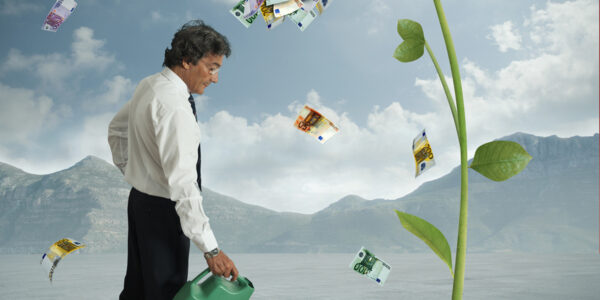
Germany’s Energy Policy Under Pressure: Balancing Green Ambitions with Political Realities
The energy debate in Germany has taken on a new urgency as the far-right party Alternative für Deutschland (AfD) surges in the polls, challenging the country’s green energy transition. Known for its strong opposition to the Green Party’s and the government’s climate policies, the AfD has managed to sharpen its political profile, capitalizing on growing public concerns over the economic and social costs of Germany’s ambitious energy goals.
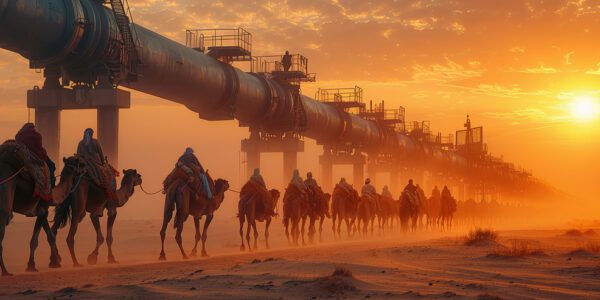
Trans-Caspian Gas Pipeline: No money and few prospects
The Trans-Caspian gas pipeline (TCP), which Turkmenistan is interested in building –despite it remaining unimplemented for decades – has recently received a new impetus for development. This at least is the cautious conclusion that can be drawn after talks held in Ankara between Turkmenistan and Turkey in April this year at which the parties signed a memorandum of understanding on strengthening cooperation in the gas sector. The talks particularly focused on reviving the TCP.
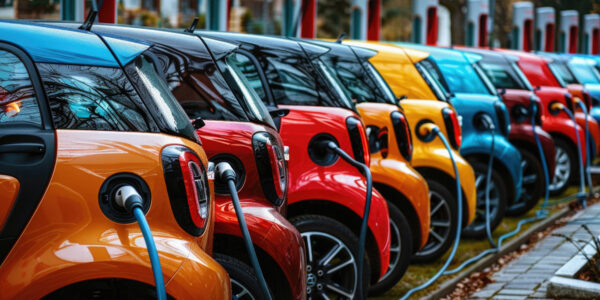
The future of Europe’s e-vehicles depends on Serbia
With the acceleration of a project to mine lithium – a key metal for electric mobility – in its Jadar region, the small Balkan country of Serbia has been given a chance to become a key player in the European, and also the global economy. At the same time, rarely has any project caused such a powerful public backlash: news of new protests and comments from experts and politicians are appearing in the world media on an almost daily basis. Will Serbia be able to overcome public hostility and move towards becoming a major lithium powerhouse?
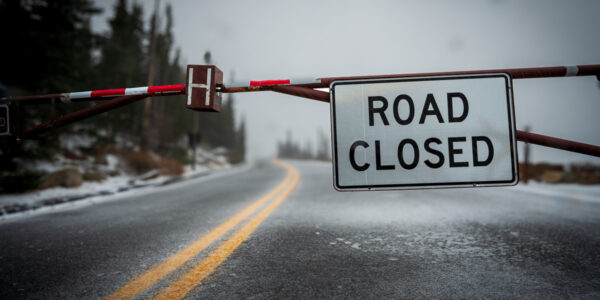
RUSSIA-UKRAINE GAS DEAL – TO BE OR NOT TO BE
At the beginning of this year, it became known that Ukraine would not renew its contract with Russia for the transit of Russian gas to Europe. This contract, which expires on 31 December 2024, covers the transportation of 225 billion cubic metres of fuel over five years. Most of the Russian gas flowing to Europe was channelled through this pipeline. However, Kyiv has now made it clear that it has no intention of providing Moscow with transit capacity. While Europe was quick to express verbal support for this decision, Russia still anticipates the possibility of an extension to the agreement.
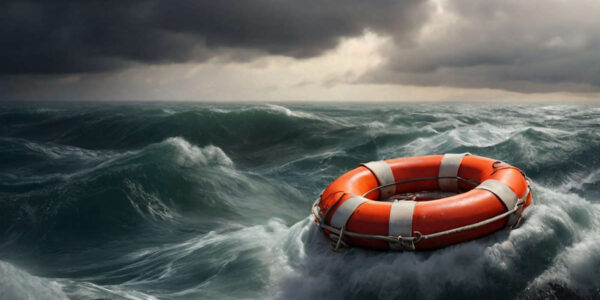
US GAS FOR GERMANY – A WIN-WIN FOR BOTH SIDES?
American LNG was a real salvation for Germany after the European Union decided to reduce its purchases of Russian gas to the maximum extent possible after the start of the conflict in Ukraine and to completely abandon it by 2027. Of all European countries, Germany, the main buyer of energy from Russia for many years, has seen the most significant reduction. If earlier Berlin’s dependence on Russian gas reached 55% of Germany’s total energy imports, a year ago the share of this gas in German imports had dropped to 20%. Therefore, American gas, which replaced Russian gas, turned out to be a real salvation for European economies – and especially for the German economy.
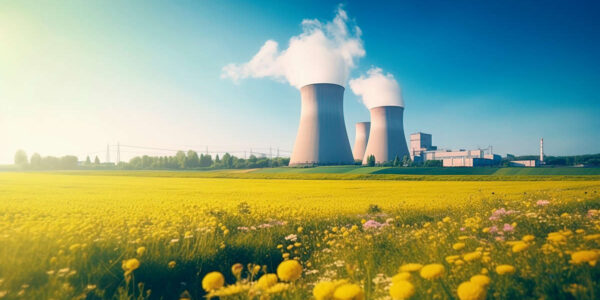
IS NUCLEAR ENERGY A NEW LIFESAVER – AGAIN?
It looks like nuclear energy globally is experiencing a genuine renaissance, particularly in Europe. However, the huge costs and complexity of building new nuclear power stations prevent nuclear energy being a quick fix for all the problems of Western countries. Moreover, without Russia it is simply not possible.
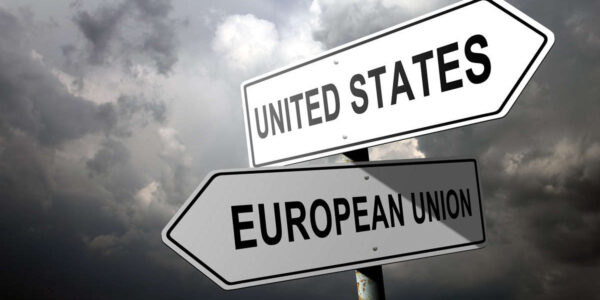
US TANKERS THROW EUROPE A LIFELINE
With the start of the war in Ukraine in 2022, the EU began to steadily reduce purchases of energy from Russia, particularly gas, intending to end gas imports from Russia completely by 2027. As at the end of June 2023, Russia’s share of EU gas imports had decreased from 38.5% to 12.9% compared to the same period in 2021.
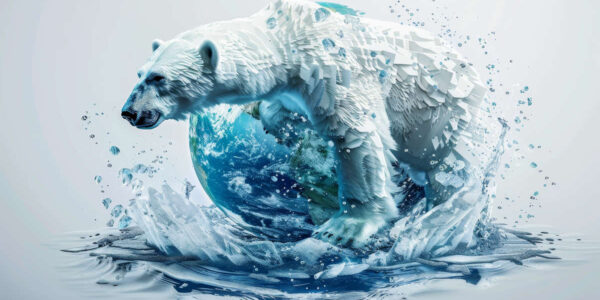
THE ARCTIC: IS THERE SPACE FOR COOPERATION?
On February 14th 2024, Russia announced that it was suspending its annual payments to the Arctic Council, the main international cooperation platform for the Arctic states, which includes eight member countries, six permanent participants representing indigenous peoples, and 38 observers.
The move confirmed…
